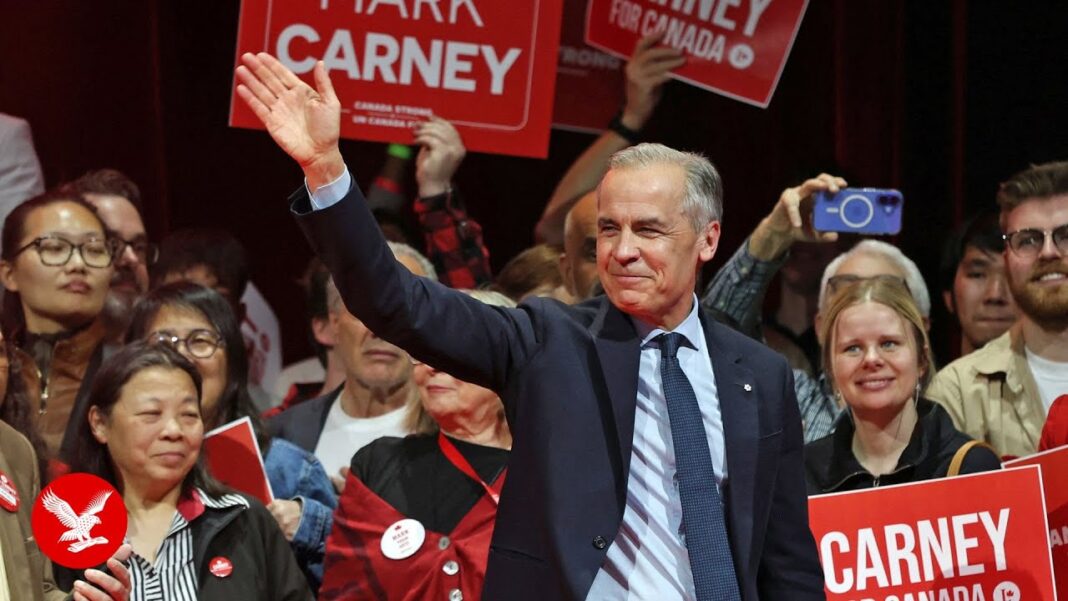‘China has sought greater influence within the U.N. human rights system and become more aggressive in silencing dissent,’ an investigative report says.
The Chinese regime is increasingly sending groups that pose as nongovernmental organizations (NGOs) to the United Nations in an effort to suppress criticism of its human rights record, according to a report published by the International Consortium of Investigative Journalists (ICIJ) on April 28.
The 10-month investigation, a partnership between the ICIJ and 42 media organizations, examined China’s transnational repression under Chinese leader Xi Jinping. Part of the report focused on the communist regime’s subversion campaign against the U.N. Human Rights Council through “a growing army of Chinese NGOs.”
“Since Xi’s reelection as Communist Party general secretary in 2017 and president the following year, China has sought greater influence within the U.N. human rights system and become more aggressive in silencing dissent,” the report reads.
ICIJ found that the number of Chinese NGOs holding consultative status with the U.N. has nearly doubled since 2018.
NGOs can participate in U.N. meetings, make oral statements, and submit written statements before U.N. sessions after obtaining consultative status, which is granted by the U.N. Economic and Social Council.
An ICIJ analysis of 106 NGOs from China, Hong Kong, Macau, and Taiwan found that 59 are not independent but are “closely connected” to the Chinese Communist Party (CCP). The ICIJ referred to these Beijing-backed NGOs as “GONGOs” or “government-organized nongovernmental organizations.”
Ten of these GONGOs receive more than 50 percent of their funding from Beijing, the ICIJ noted.
In at least 46 of these groups, directors, secretaries, vice presidents, or other high-ranking staff also hold positions in the Chinese regime’s departments or within the CCP.
Additionally, 53 of these NGOs pledge loyalty to the CCP on their websites or in other official documents. Among them, 12 agree to defer their decision-making to the Party, such as leadership appointments.
“In 2024, 33 Chinese NGOs showed up about 300 times on the lists of speakers at Human Rights Council sessions. There were only three of them in 2018. None criticized China,” the report reads.
Rana Siu Inboden, senior fellow at the Strauss Center for International Security and Law at the University of Texas at Austin, was quoted in the report as saying that Beijing “is clearly using NGOs as a tool.”
“They are encouraging them, helping them, guiding them, coaching them through how to get this [consultative] status,” Inboden said. “And then once they’re [at the U.N.], you can see how their statements, whether it’s in the Human Rights Council or elsewhere, serve the government.”
By Frank Fang







